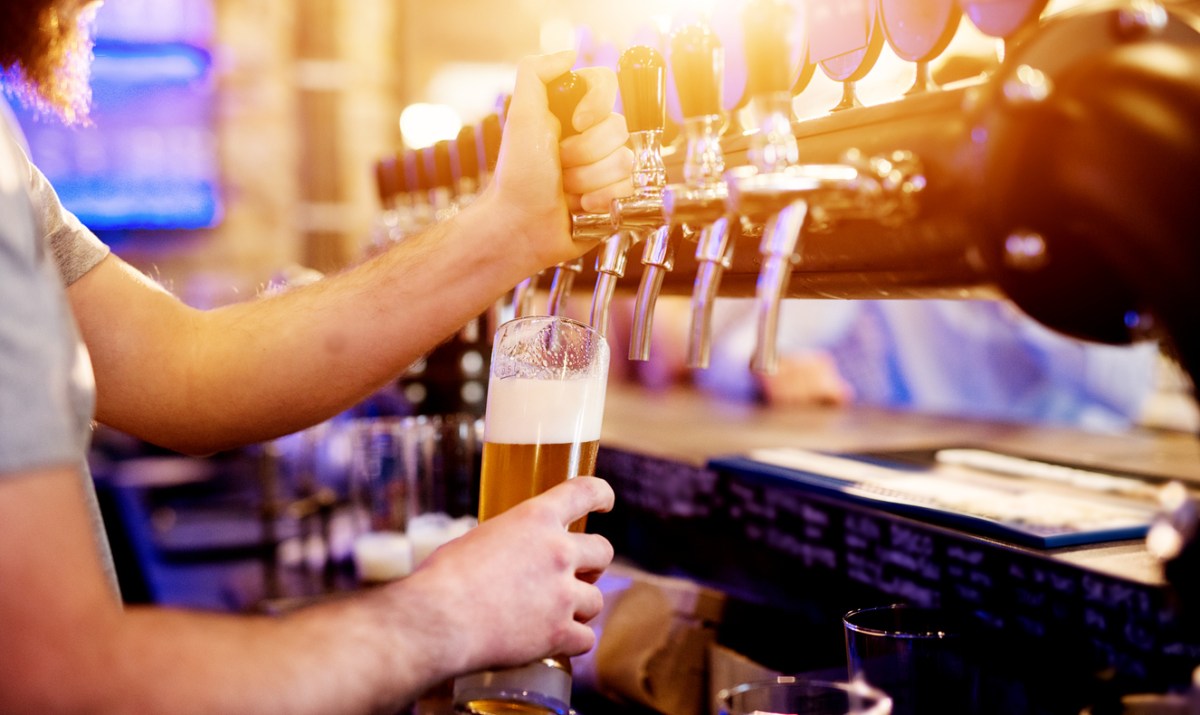The latest CPI tax increase on Australian drinks has hit hard with Australian beer now among the most expensive in the world and distillers and spirits manufacturers stung with a crippling ‘double whammy’.
A litre of beer now costs $55.73, which is $2.50 more under the changes that came into effect on Monday this week.
“Australians are taxed on beer more than almost any other nation,” says John Preston, CEO of the Brewers Association of Australia.
“We have seen almost 20 increases in Australia’s beer tax over the past decade alone.”
The new excise rate of $94.41 per litre of pure alcohol, up from $90.78 in February, comes on top of surging costs for freight, glass, cans and raw materials. This week’s tax hike is etimated to translate to around an extra one dollar of tax to be paid on an average 700ml bottle of 40 per cent ABV spirits.
“This is effectively a double whammy on spirits,” said Spirits and Cocktails chief executive Greg Holland. “It’s the biggest increase in almost 50 years, since our tax figures were updated in 1978, and in that time spirits manufacturers have been slugged with the GST and the RTDs (ready-to-drink) tax as well. “
Australia has the third highest spirits tax in world, under a complicated alcohol tax regime that has been condemned by multiple independent and government reviews.
“We know all Australians are feeling the pain of inflation but this outdated tax regime means the spirits industry is effectively punished twice,” Holland said.
“Our members are already paying skyrocketing prices for inputs like barley, glass and cans, and facing freight charges that have more than doubled in some regions – and now they’re being asked to pay even more to the tax man.
“It is also important to remember government data shows most Australians are drinking more responsibly, often choosing to enjoy quality offerings like a gin and tonic, bourbon and coke, dark and stormy cocktail, or a good scotch or Australian whisky. On top of all the other cost of living pressures they’re facing, those millions of Australian consumers will now likely be slugged even more as a result of this excise increase.”
The brewing industry campaigned for lower taxes earlier this year, however did not succeed.
“Brewers and pub and club operators were extremely disappointed the former Government did not deliver on a proposed reduction in beer tax at this year’s March Budget,” said Preston.
Preston said drinkers can expect to pay around $15 for a pint, with venues also feeling the pinch in a big way.
“For a small pub, club or other venue the latest tax hike will mean an increase of more than $2,700 a year in their tax bill – at a time when they are still struggling to deal with the on-going impacts of the pandemic,” he says.
The Brewers Association has now called on the Federal Government to provide tax relief, however it’s likely the tax will increase again in February next year, which could see Australia pass Norway, Japan and Finland to become the country with the highest taxes on beer.
Australia’s outmoded alcohol tax regime indexes spirits excise to inflation, creating a situation where the tax take from spirits compounds every six months and grows further out of proportion to other drinks containing the same proportion of alcohol. As a result, up to 60 per cent of the retail price of an average 700ml bottle of spirits in Australia is now tax.
Australian Distillers chief executive Paul McLeay said: “This places an enormous burden on a local industry that barely existed a decade ago but is now highly acclaimed around the world, thanks to the hard work and creativity of Australian distillers. We should be celebrating them, not stifling them.”
Holland added: “This tax is cannibalising our industry. It has an insatiable appetite; no matter how hard our distillers and manufacturers work to grow, it keeps taking more.
“We look forward to working with the new Federal Government to build a more sustainable future for the Australian spirits industry.”

